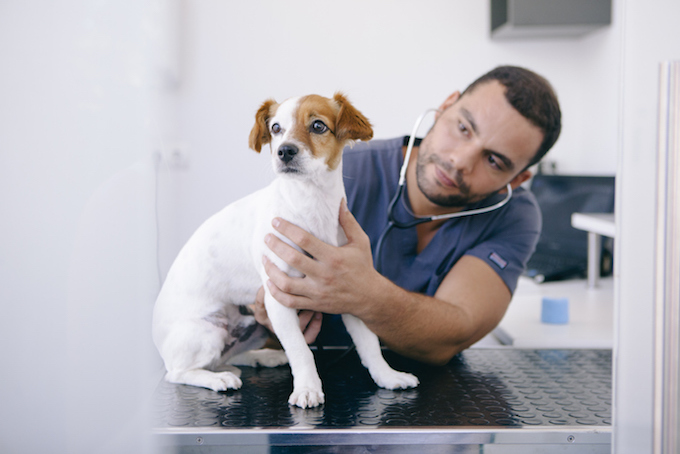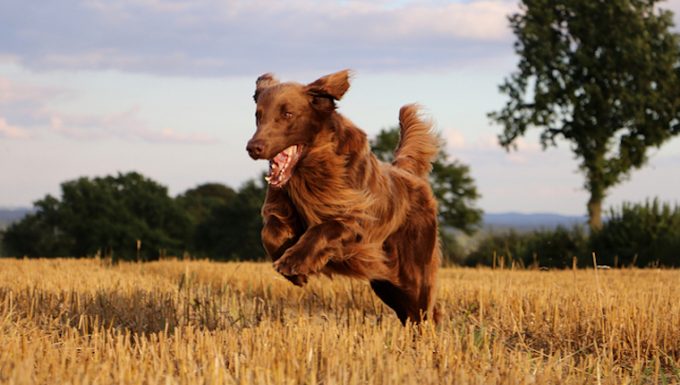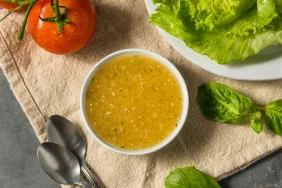Mycotoxicosis-deoxynivalenol in dogs is caused by yeast and mold. Contaminated wheat, corn, and oats are often the cause of the condition.
Normally, the condition produces symptoms that affect the digestive system.
Technically, you will also see the condition referred to as fungal toxicosis related to fusarium fungus.
If you see the signs of mycotoxicosis-deoxynivalenol in your dog, then get to a veterinarian for a proper diagnosis and treatment.
Here’s what you should know about the symptoms, causes, and treatments for the condition.
Symptoms of Mycotoxicosis-Deoxynivalenol in Dogs
The condition produces a wide range of symptoms. For example, some of the most common symptoms include:
- Diarrhea
- Drooling
- Vomiting
- Low blood pressure
- Losing weight
- Stopping eating
Causes of Mycotoxicosis-Deoxynivalenol in Dogs

The cause of the condition is a dog eating contaminated grains. For instance, some of the grains that can cause the condition include:
Technically, the name of the fungus that spoils the grains is called Fusarium.
Treatments for Mycotoxicosis-Deoxynivalenol in Dogs
Firstly, your vet will ask about your dog’s symptoms. Secondly, your vet will ask about any circumstances where your dog could have eaten contaminated grains.
Thirdly, a full physical examination will be carried out.
Blood and urine tests will also be taken.
Generally, analyzing the contaminated food can confirm the condition. Additionally, X-rays of the digestive system are also useful.
Thankfully, the easiest way to treat the condition is to get rid of the contaminated food. Afterwards, your dog should recover naturally.
However, if your dog has stopped eating or is suffering from dehydration, then extra treatment will be needed. Your vet will help recommend the correct course for your dog.
In general, you can avoid this condition by only feeding your dog high quality pet foods. Never let your dog eat spoiled food.
Have you ever cared for a dog who suffered from this condition? How did your vet help your dog recover? Let us know in the comments section below.









